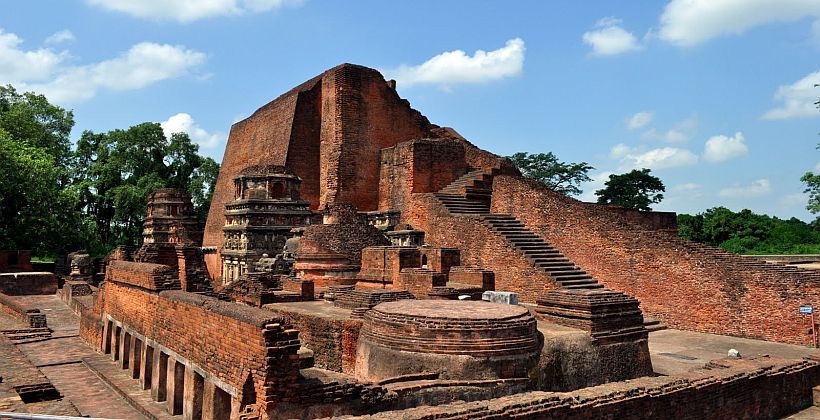Growing up in Korea I have mixed views and perceptions on open education. Confucianism values are deeply rooted in our culture making education a very important tool for social mobility. In the past, it meant that a farmer could obtain a high ranking position by passing an official public exam. However, with economic development the society became more competitive and an “education industry” emerged with many private after-school academies known as hagwons to prepare students for an increasing competition.
Although public education up to high school is free there is a sense that if students also attend hagwons, which are expensive, they will be better prepared or it will be easier to enter high ranked universities and therefore get a better job. Also, there is some prestige associated with certain institutions or brand schools. Even these days with institutions fostering OEP, exclusivity within an educational environment and institutional prestige are perceived as powerful and faster ways of social advancement.
Contrary to Ragupathi’s analogy of openness in education with coffee houses, in Korea it is very difficult to “decouple learning from specific learning spaces” since people will always look at what school, hagwon or university you go to. My perspective aligns more with Cronin in the sense that “the use of open practices by learners and educators is complex, personal, and contextual; it is also continually negotiated”
As an educator I find that sharing and connecting information offers infinite possibilities and I myself like to update my knowledge and find that the best way to do it is online. Flexibility is one of the biggest advantages I see since every person has their own pace and immediate access from anywhere with an online connection is one of the main benefits of open education.
The main limitations that I can see with openness is that unless the content is carefully selected and organized it is easy to get lost in the vast array of data available. Also, I find that institutions in many parts of the world profit from being private, a prestige sense associated with traditional institutional education prevails. In these, many see a form of cultural and social capital that brings benefits beyond the purely educational ones.
The role of open educational resources at my institution still shares the same limitations as a conventional education platform. Also the nature of the studies taught at the Art Academy are heavily structured around practice although we have some online workshops we encourage a studio approach based education.
I find that technology can be instrumental in the categorization and organization, and sharing of knowledge. However, it is more important how institutions are going to keep the knowledge they generate stay relevant and doesn’t become isolated.

Picture above : Nalanda University, India
https://en.wikipedia.org/wiki/Ancient_higher-learning_institutions
Cronin, C. (2017). Open Education, Open Questions. EDUCAUSE Review 52, no. 6 (November/December 2017)
Ragupathi, K. (2020). Being open: drawing parallels with the Coffee House model.
Comments
This is an interesting post on how culture affects our views of education and how open education can impact on universities and other educational institutions.
Very enriching to read about the cultural context and how they shape institutions, thanks a lot for sharing! I am quite puzzled about how easy to lose archaic values about social justice when it comes to power/prestige. I think this has no limit of time or place and can be observed annoyingly repeatedly and across cultures. I am very happy to have discussions in my institution (not private) about making university education more accessible to all regardless of their backgrounds, however, it takes a lot more than that as the main idea has been there for centuries as you insightfully mentioned at the beginning. It requires collective action, consistency, and resilience against all the power struggles.
As all education is free in many countries, and private universities in these countries are rare, the question of the quality of universities and courses cannot be based on if the university is free or not. Ranking lists of universities are becoming more and more important. An online course given at a highly ranked university is expected to be good. But is it so? Ranking lists are one way of measuring the quality of a university, popularity, accreditation and even word of mouth measures are also used.